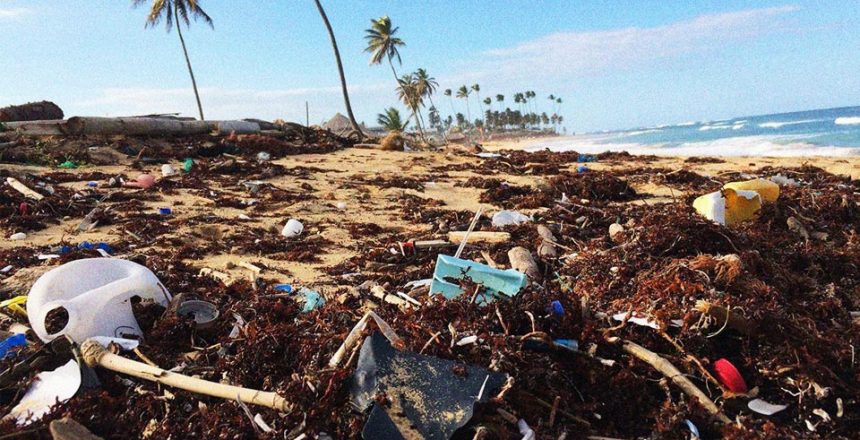
Making reusable, locally made, and design straws were not enough for us. So we pushed it one step further. We decided to support an organization called Garbage clinical insurance from our straws sales.


Jazine came up with an idea to make our designer straws when we were traveling in Bali, Indonesia at the beginning of 2018. We had a chance to test all possibilities of reusable and one-time use eco-friendly straws there. You can read more about differences in reusable straws in our article “How to choose a straw? comparison of materials.”
It was a no-brainer to support an organization from Indonesia, after what we had experienced in Bali first hand. Like the ocean filled with plastic that much, we were not able to surf. Beaches filled with plastic and the locals not caring and throwing plastic packaging like it was a palm leaf on the ground. One can make a case that the locals are not used to plastic because it came so fast that they still did not give up the habit of throwing things on the ground as they used to when everything was locally made and everything dissolved naturally.
That is why we finally have chosen Garbage clinical insurance because they are solving two problems. Un-education about waste and health care. In short, locals are thought to bring recyclable waste in return for health insurance.
Read more about the GCI program from their brochure.
Garbage Clinical Insurance (GCI)

Is a health insurance program that uses waste as a financial means. In this way, the community can mobilize its unused resources, improve health care, and break the barriers between healthcare facilities and the community. It motivates the community to start proper waste management. To some extent, it also contributes to improving local hygiene conditions. GCI increases the exponential value of waste and allows each individual to mobilize overlooked resources and get healthcare. GCI changes the perception of waste and community habits.
What makes GCI unique?
1. Use of waste as a source of funding.
2. Applying a holistic healthcare system, in particular, health promotion, disease prevention, treatment of patients, and rehabilitation after an illness.
3. Social entrepreneurship.
4. Access to the GCI by the general public.
5. Independent community funding.
6. Increasing the value of waste.
7. promoting waste business.
- Tags: eco, ecological, flower of life, glass, sacred geometry, straws
Subscribe to our Newsletter
Stay in touch with us. We send regularly emails about health and lifestyle. Also we send out sale coupons and you can always unsubscribe <3 .
By clicking “Sign up” you accept our privacy policy.